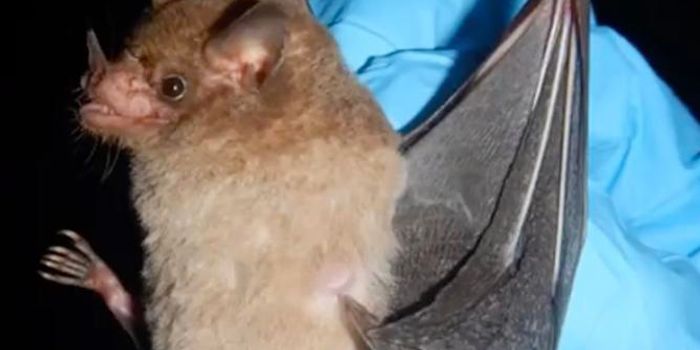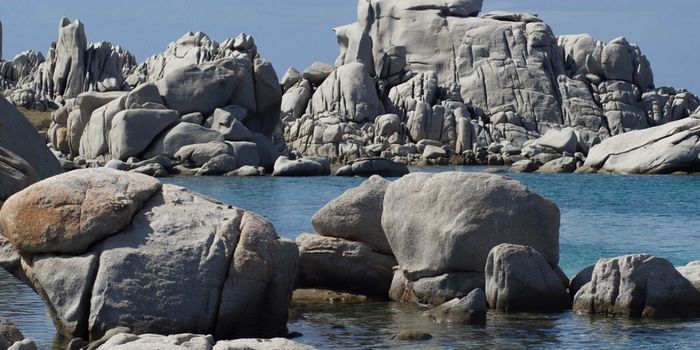First Health Assessment of Endangered Whale Sharks Performed
Animal conservation researchers are making history by performing the first-ever major health assessment of endangered whale sharks.
Image Credit: StockSnap/Pixabay
Given their name, you’d probably think they were a mix between a whale and a shark, but it’s a bit of a misnomer because whales are mammals and can’t mate with sharks. Instead, it’s just a shark with whale-like aesthetic qualities, but it’s notably the largest fish in the ocean.
Researching these creatures isn’t easy because they’re always on the move and difficult to track, but experts from the Georgia Aquarium teamed up with Conservation International (CI) and researchers with the Indonesian government to make it all possible.
“Local scientists studying whale shark migratory behaviors shared their knowledge with Conservation International and Georgia Aquarium, and have in turn received a more complete worldview of whale shark migratory patterns -- an important aspect of conserving a wide-ranging species,” said Dr. Selvy Tebay, S.Pi., M.Si., Vice Rector IV of University of Papua (UNIPA).
“This will lead to practical and tangible conservation benefits for the species as well as wider marine tourism management within West Papua, which is a priority for the Indonesian Government.”
Once the teams got out into the field, they snagged blood samples, attached GPS tracking devices, and took more accurate measurements of the whale sharks’ physical properties.
The blood and measurement data will go down in writing immediately to bring research up to date, but the GPS tracking devices are part of a bigger research scheme. They'll be used to understand better how the animals travel through the ocean to feed and migrate and to learn how ocean tourism impacts their well-being.
A total of seven whale sharks were tagged, and those tags should have enough juice to provide invaluable GPS tracking information for at least two years.
Whale sharks being so misunderstood makes their endangered status even more alarming. It's important to find out what harms their well-being and put a stop to it so we can prevent these beautiful creatures from going extinct. Fortunately, this new research is a step in the right direction.
It should be interesting to see what the researchers found from this new health assessment, and anyone interested can stay tuned to the results as they get published in the Georgia Aquarium's newsroom.
Source: EurekAlert









